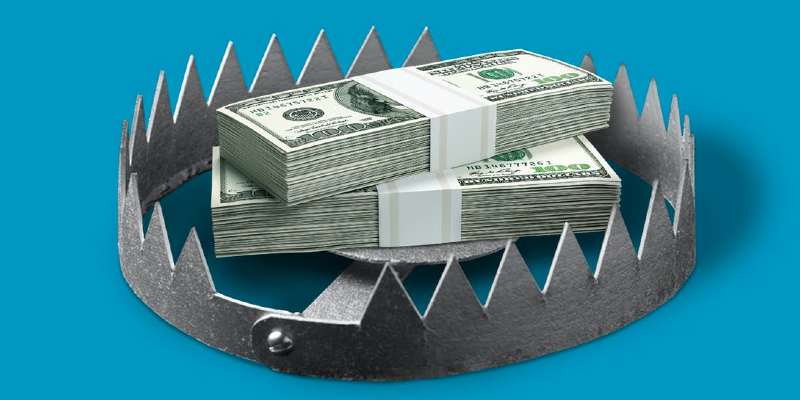This guide outlines tips and tactics you can use to settle a debt with a creditor so you can get your finances back on track.
Settling a debt on your own is possible as long as you have the negotiation skills and the time to deal with all of the creditors that you have to call to try as you try to resolve your debt.
Before you attempt to make these calls yourself, it is important to realize that a professional debt relief program expert can just make a couple of calls to resolve your matter to settle a debt. You might find end up making endless calls and writing many emails and letters just to get your appeal across to the creditor’s agent.
How to settle a debt yourself
Who is DIY Debt Settlement For?
Do-It-Yourself debt settlement works best for those who can make a creditor believe that they will never be able to pay at all. If you have no bank balance or are in the negative, plus a low credit rating, the creditor might be grateful to settle a debt and get anything from you at all.
Settling a debt yourself is also good for those who have smaller debts that could be settled within six months or so. It also serves those who want a quick solution to their debt issues. It can take debt settlement programs up to two to five years to settle larger debts.
Some debt settlement programs charge monthly fees that can add up annually to hundreds of dollars. Doing your own credit counseling can also help save monthly charges for these fees.
To educate yourself further about DIY credit settlement in general, The United States Department of Justice has posted an approved list of providers of personal financial education.
Debt Relief Program
A debt relief program may be a better option for you to settle a debt if you do not feel that you are a great negotiator. Note that a debt settlement professional has a great deal of experience when it comes to talking to tough creditors.
The creditors know that in order to qualify for debt relief that you had to put some money into an account to show that you are willing to offer an amount to settle the debt. In essence, the company that agreed to take you on as a client, even though you have bad credit rating as the result of missing credit card payments, vets your worthiness as a future payer.
Be Ready to Let Your Debt Go
Perhaps the most difficult part of settling a debt on your own, is to be willing to let go all of the feelings of frustration, self-reproach and anger that can be part of talking to a debt collection agency. It is important to remember that it is the goal of your debtor to get as much money as possible from you to settle a debt, rather than to help you reduce your debt to 80% of what it once was.
Keep in mind too, that your loss is a debt collector’s profit, as many of them work on commission. Debt collectors will use all kinds of tactics to make you pay including intimidation, bullying and requesting copies of your private information. This can be quite daunting for a do-it-yourself negotiator.
Other debt collector tactics include:
- Repeatedly calling after you first make contact
- Calling you and pretending to be someone else
- Threatening to freeze your wages
- Stating a non-existent deadline
- Adding older debts to your total
- Denying you proof of the amount of the debt
- Threats to arrest you or your family, which is against the law according to the Fair Debt Collections Act
Those who work for debt settlement programs may have built up connections and contacts with people at various credit card agencies over the years. They usually know whom to call, and what a well-known company will be willing to do for a client who is well intentioned.
A professional debt consolidation professional can hold debt collectors to professional codes of conduct and spare you the ugly, and often unnecessary conversations to settle a debt.




